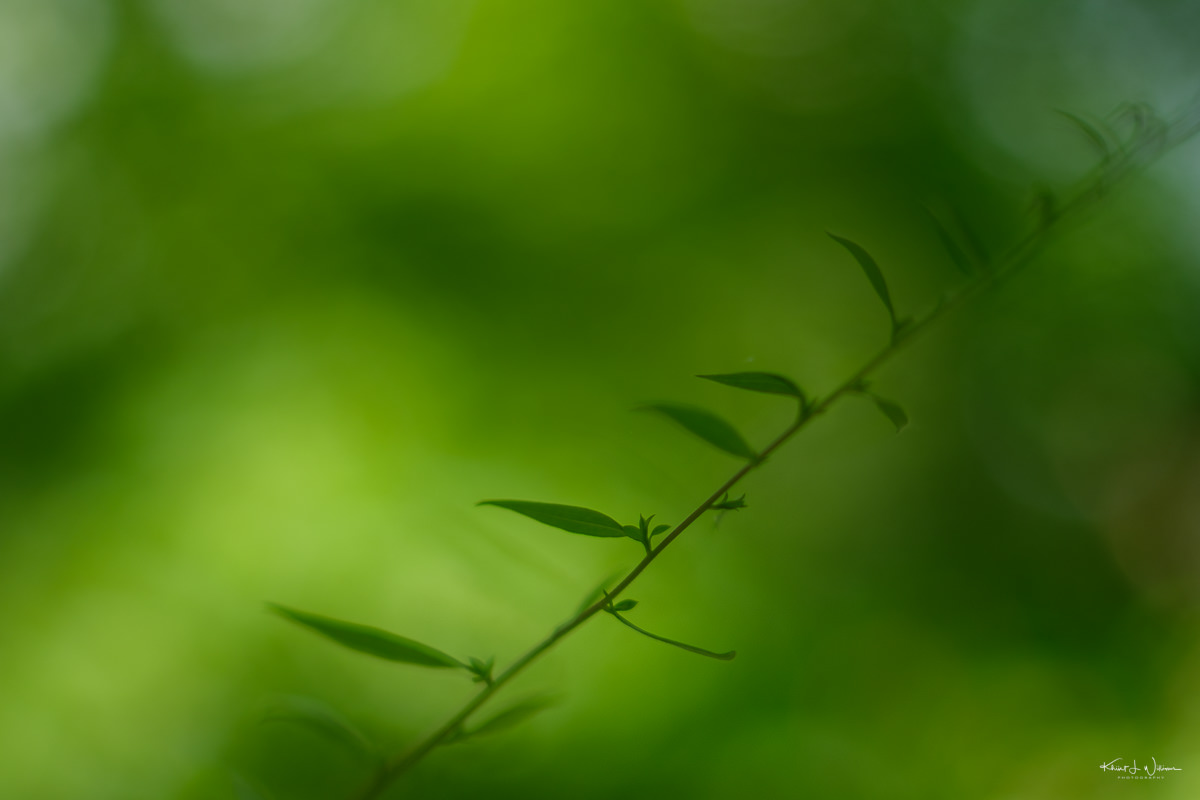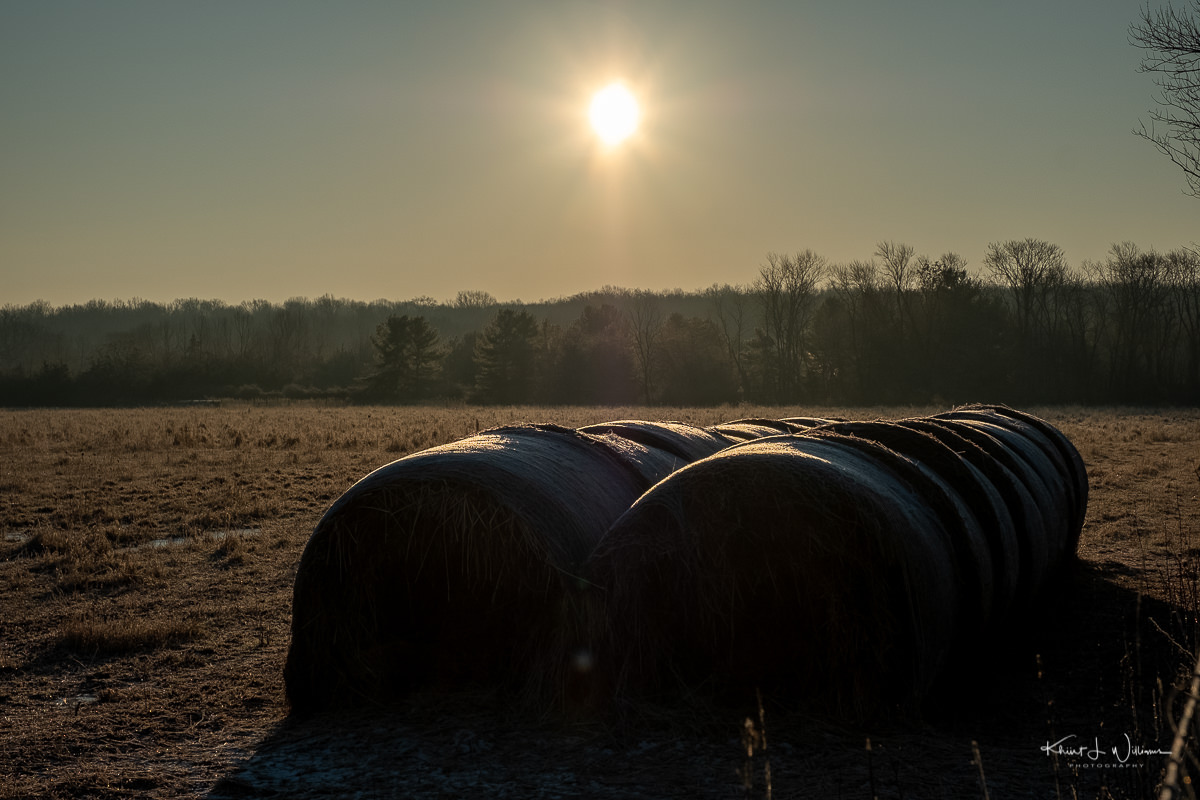I'm getting older, but at fifty-six, I still have relatively few aches and pains, except for my knees. Unfortunately, my knees aren't as strong as they used to be, and some days I struggle to get going.
I suspect that one of the reasons behind this is the statin medication I take daily to reduce cholesterol. Cholesterol levels tend to increase as we age, and while most people tolerate statins well, some, like myself, experience side effects. My most common side effect is mild muscle aches, tenderness, and weakness (myalgia).
To monitor my autoimmune-induced medical condition (Type 1 diabetes, hypothyroidism, Grave’s eye disease), I undergo regular blood tests every three months, specifically checking my creatine kinase levels, an enzyme associated with muscle pain, inflammation, and weakness when elevated.
I've made lifestyle changes to manage my health and stay in good shape. Several years ago, I stopped consuming beef1 and started incorporating more chicken and fish into my diet (I particularly love fish). Additionally, I've begun exercising to maintain healthy muscle tissue.
However, despite these efforts, I've noticed that my leg and upper body muscles have weakened compared to when I was in my 40s. As a result, I decided to invest in an electric bicycle, as my leg muscles are too weak to ride a traditional bicycle without experiencing knee pain. The electric bicycle allows me to exercise while rebuilding my muscle strength.
Another challenge I face is carrying heavy camera equipment. Fortunately, the Fuji mirrorless cameras I use are much lighter than traditional DSLRs, which has been a great help. However, I still find my metal Manfrotto tripod, purchased back when I used a Nikon DSLR, to be too heavy for a full day of photography. It's time for me to consider investing in a carbon fibre tripod that is lighter and more manageable for extended use. I like the Sirui ST-124 Carbon Fibre Tripod and Sirui K-20X Ball Head, but those purchases must wait for a birthday.
So what strategies do I use to maintain my health and well-being?
I stay physically active by participating in walking, hiking, and bike riding. These not only keep me moving but also contribute to my overall well-being.
I focus on a balanced diet of fruits, vegetables, whole grains, and lean proteins like fish. Avocado, a fruit in its own right, has been a part of my diet since childhood. I often slice it and enjoy it in a sandwich on its own.
I strive for 7-9 hours of sleep every night, though I'll admit it's not always easy to achieve. During the peak of the COVID-19 period, my partner Bhavna and I found ourselves glued to late-night Netflix binges to escape reality. We're actively working on breaking that habit.
Instead of formal meditation or yoga, I find solace in spending time outdoors to manage stress. I've never quite mastered staying awake during yoga or meditation sessions. It does not work for me.
Staying hydrated is essential, and I drink ample water throughout the day. We've got a SodaStream, which comes in handy for satisfying those carbonated water cravings. I have an insulated metal cup that holds around 473ml of water – perfect for keeping cold, carbonated water at the right temperature.
Maintaining strong social bonds is crucial, and I invest in nurturing meaningful connections with friends and family to enhance my sense of belonging and emotional well-being.
I believe in mental agility and continually challenge myself by acquiring new skills. I've reignited my passion for fish-keeping and created a terrarium inspired by wabi-kusa principles. On top of that, I'm currently in the design phase for another fish tank that will incorporate iwagumi design principles. Additionally, I'm putting my creativity to work by designing a moss-based terrarium.
By adapting my lifestyle and making thoughtful equipment choices, I strive to maintain my health and pursue my photography passion with greater comfort and ease.
- You know. I’ve never liked beef. I started eating it when I moved to the USA. Americans are obsessed with beef. ?


